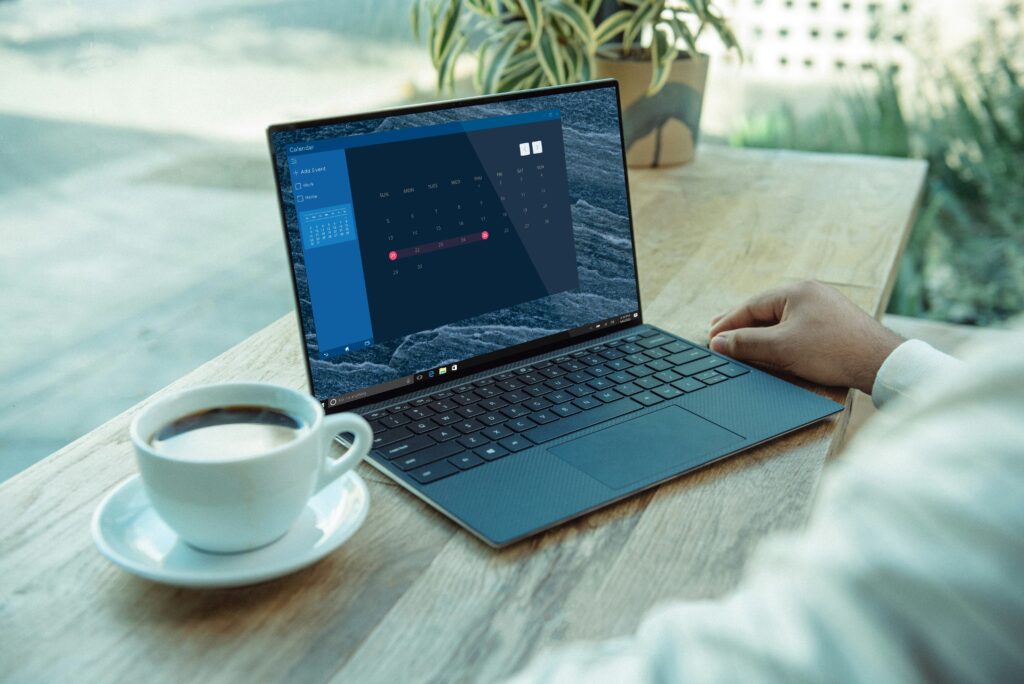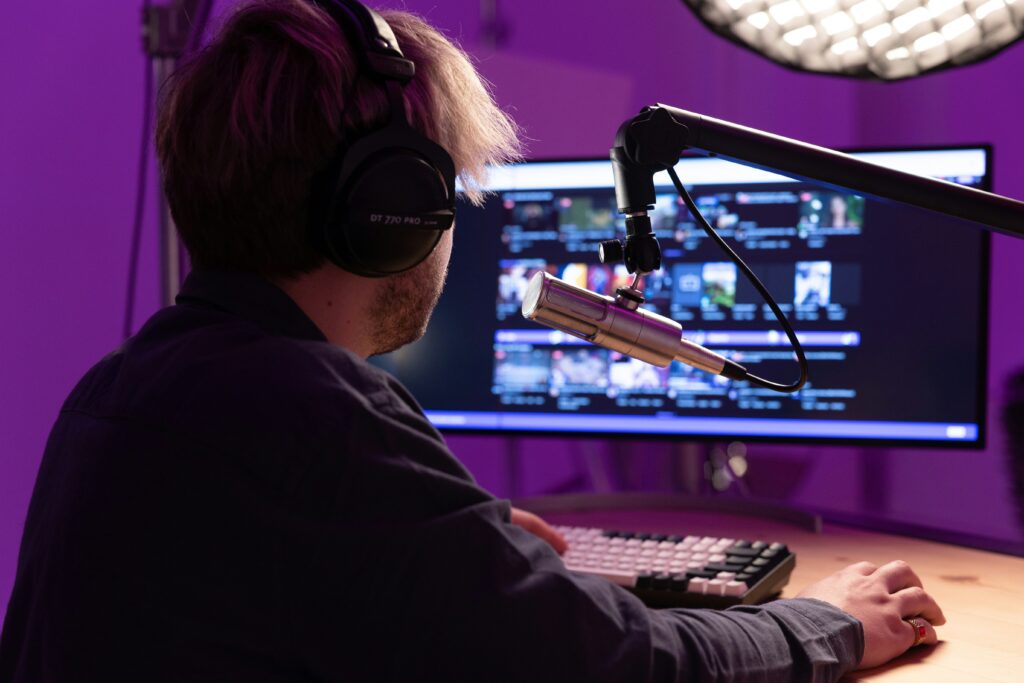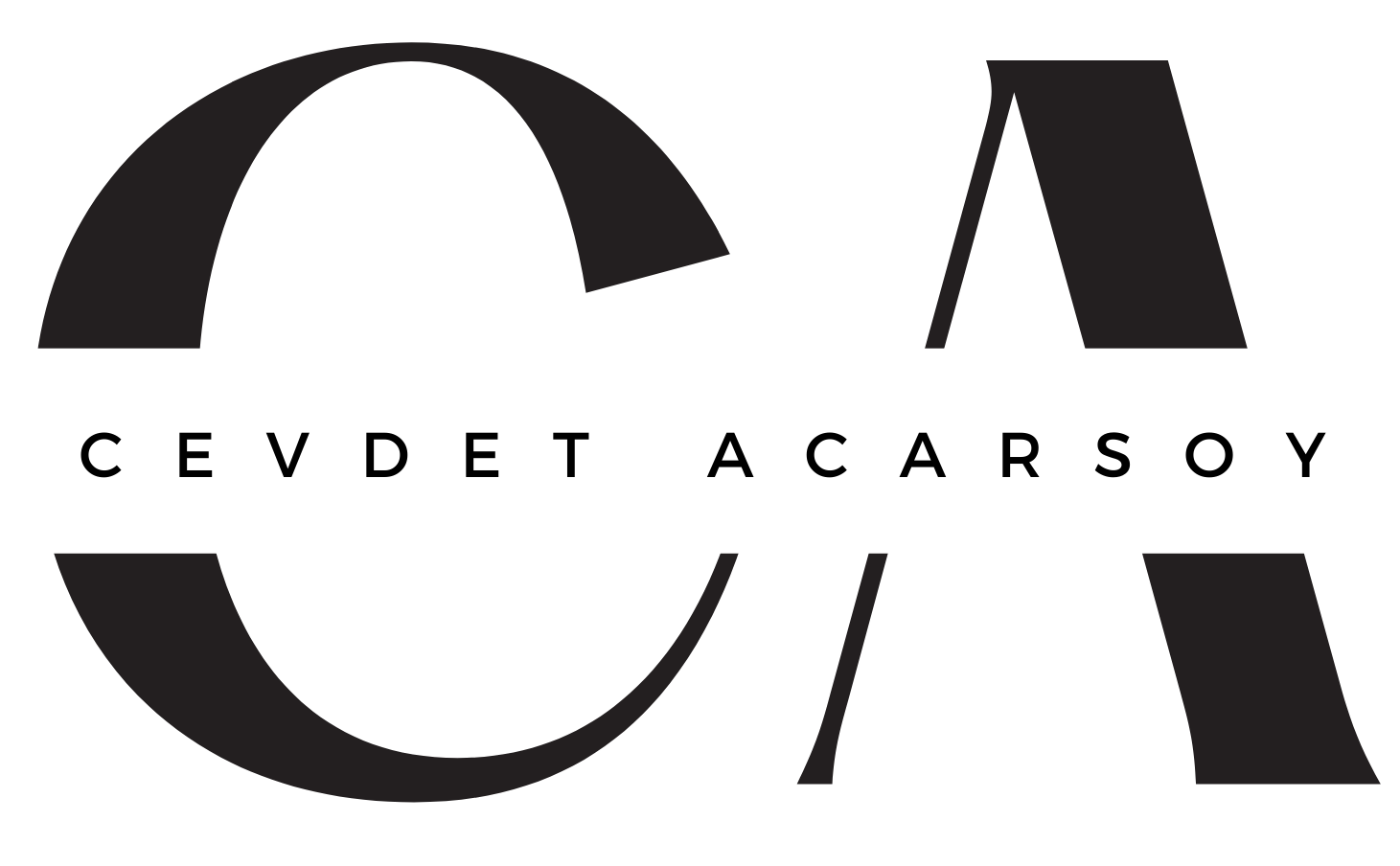As an experienced professional in various fields, I offer a range of talks and engaging seminars designed to enhance your knowledge and skills. Previously, I have delivered talks and seminars at various institutions, academic departments, and governmental projects.
Where did I deliver talks & seminars before?
- Department of Genetic Identification, Erasmus University Medical Center
- Department of Epidemiology, Erasmus University Medical Center
- Department of Educational and Developmental Psychology, Leiden University
- eTwinning project, EU European School Education Platform
- Limitless Makers project, Ministry of Youth and Sports of the Republic of Turkey
- Institute of Aviation Psychology, Istanbul University
Soft Skills
As a trained clinical psychologist, I conduct interactive workshops on various topics related to psychology and mental well-being. These workshops are designed to provide valuable insights into areas such as stress management, non-violent communication, emotion regulation strategies as well as general psychology topics such as social, developmental, biological and cognitive psychology. By participating in these workshops, you’ll learn practical strategies to navigate life’s challenges and improve your overall mental health.
Managing Criticism in Workplace

Why should you join?
The nature of (scientific) work involves critical thinking and “healthy” criticism. From the questions and remarks to one of your presentations, to discussions with your supervisors/lecturers, all the way up to peer-review comments from journal submissions; criticism is everywhere. Sometimes, criticism can become “unhealthy” in the sense that it is personal, harsh and not helping to improve your work. Having the necessary skills to manage criticism and selectively internalize the information can help in both mental well-being and making use of the valuable suggestions within the criticism.
How long?90 minutes (with 10 minute break) (0,05 ECTS)
- Criticism vs Feedback vs Insult vs Constructive Feedback
- Early Maladaptive Schemas and Criticism
- Dealing with criticism
- Role Play (Linden Method)
10 Science-Based Tips for Healthy Remote Working

Why should you join?
Working from home can be challenging for several reasons. Just to name a few: Reduced social contact with colleagues, blurred work-life boundaries, home situation and “Zoom fatigue”… In this lecture we will talk about 10 science-based tips for improving working from home experience and maintaining mental well-being.
How long?
60 minutes (0,04 ECTS)
What are you going to learn?
- Classical conditioning
- Structuring the day
- Mental health
- Boundaries
- Environmental factors
- Exercise
- Loneliness
- Learning
Burn-out Syndrome: What is it and how to prevent?

Why should you join?
In this seminar, you will find answers to questions such as what is burnout syndrome, what are its causes, how common is it and how can it be prevented. You will also learn how to cope with burnout syndrome and how to get out of this situation. This seminar is an important opportunity for anyone who wants to succeed in the workplace. If you want to overcome the problems caused by burnout syndrome, don’t miss this seminar!
How long?
60 minutes (0,04 ECTS)
What are you going to learn?
- What is Burnout Syndrome?
- How common is it?
- Why Burnout happens?
- How to prevent burnout: Individual and organisation level strategies
- How to treat Burnout Syndrome
- Q&A
CV of Failures: Embracing the Failures together with Successes

Why should you join?
Inspired by a great article by Melanie I. Stefan in Nature and the CV of failures of Johannes Haushofer, this seminar will teach about survivorship bias and a brilliant method to fight it. By making a CV of failures we will embrace and be proud of our failures and also show others that it is the way to go. This seminar is an important opportunity for anyone who wants to reduce negative feelings and pressure resulting from constant (self) comparison with others.
How long?
60 minutes (0,04 ECTS)
What are you going to learn?
- What is survivorship bias?
- How does it affect our mental well-being?
- What is a CV of failures?
- Let’s create one!
Stress is Your Friend: Exploiting the Adaptive Side of Stress

Why should you join?
Discover how stress can serve as a motivator, enhance performance, and promote resilience when managed effectively. Learn evidence-based strategies to transform stress into a positive force in your life.
How long?
60 minutes (0,04 ECTS)
What are you going to learn?
- Understanding Stress
- Stress and Well-Being
- The Power of Stress
- Transforming Stress
- Interactive Exercises
- Q&A and Discussion
Riding the Waves: Navigating Difficult Emotions

Why should you join?
Discover practical strategies to regulate your emotions and enhance emotional well-being. Learn techniques to manage difficult emotions, increase self-awareness, and cultivate emotional resilience.
How long?
90 minutes (with 10 minute break) (0,05 ECTS)
What are you going to learn?
- Understanding Emotions
- Emotional Regulation
- Practical Techniques for Difficult Emotions
- Case Studies and Examples
- Interactive Exercises
- Q&A and Discussion
Bugs of the Brain: Cognitive Distortions

Why should you join?
Cognitive distortions are irrational thoughts or beliefs that can negatively affect our emotions, behaviors, and overall mental health. These thoughts are often automatic and may be based on inaccurate information or biased perceptions of reality. They can cause individuals to feel anxious, depressed, or even develop mental health conditions such as anxiety disorders or depression.
How long?
60 minutes (0,04 ECTS)
What are you going to learn?
- Understanding Cognitive Distortions
- Interactive Exercise: Cognitive Distortion Hunt
- Interactive Exercise: Challenging Distorted Thoughts
- Practical Strategies
- Q&A and Discussion
Beyond Words: The Art of Non-Violent Communication

Why should you join?
Enhance your communication skills by learning non-violent communication techniques. Develop active listening, empathy, and conflict-resolution skills to build stronger relationships and foster effective communication.
How long?
90 minutes (with 10 minute break) (0,05 ECTS)
What are you going to learn?
- Introduction to Non-Violent Communication (NVC)
- The Four Components of NVC
- Conflict Resolution with NVC
- Active Listening and Empathy
- Interactive Exercises
- Q&A and Discussion
Science Communication & Outreach
Science communication has become an increasingly important aspect of academia in recent years. With the rise of social media and the need to engage with a wider audience, universities and research institutions are now realizing the importance of effective science communication. Whether you are a researcher looking to enhance your science communication skills or an organization seeking to strengthen public engagement, these seminars provide valuable insights and practical tools to effectively communicate your scientific ideas.
How “Improv Theatre” Can Help You Present Better?

Why should you join?
Improvisational theatre, often called improvisation or improv, is the form of theatre, often comedy, in which most or all of what is performed is unplanned or unscripted: created spontaneously by the performers. Even though, we can ‘plan’ most aspects of our presentations, many times we need to improvise to find solutions, answer questions or handle technical problems. In this workshop, you will learn the fundamentals of improv theatre and unleash your spontaneity with diverse and fun practices.
How long?
90 minutes (with 10 minute break) (0,05 ECTS)
What are you going to learn?
- What is “Theatre Sports”?
- How to develop improv skills?
- Psychology of being spontaneous
- Games
- Wizard’s Hat
- Gibberish
- Objects
- HeadsUp game with terms
5 Levels of Complexity: Adjusting the Terminology for your Audience

Why should you join?
Adjusting the level of complexity in your narrative is key for delivering an understandable and engaging talk/presentation/paper. We as scientists make these adjustments in terms of using different terms or selectively including information in our presentations and papers. In this lecture we will practice on adjusting the same information (one of your abstracts/assignments) for different target audiences with step-by-step increasing complexity.
How long?
90 minutes (with 10 minute break) (0,05 ECTS)
What are you going to learn?
- Why adjust the complexity?
- Letting go of the “the myth of perfect understanding”
- Use of metaphors/analogies
- Reverse engineering an example
- Practice
- Grandma/Grandpa level (general public)
- High School student/Teen
- University Student
- PhD Student/Master Student
- Expert/Professor
YouTube for Science Communication 101

Why should you join?
Using videos and uploading them on YouTube is becoming more common among researchers for outreach/science communication purposes. However, as with all other cases, “the medium is the message” on YouTube. In other words, the audience may have different expectations in terms of video/sound production quality (lighting, recording, editing etc.), content (what the target audience is actually curious for), and format (animated, in-person, studio, vlog etc.). This lecture provides fundamentals and basics for starting a science communication channel on YouTube.
How long?
90 minutes (with 10 minute break) (0,05 ECTS)
What are you going to learn?
- YouTube and its “rules”
- Finding the gap – what will the channel be about?
- Creating your channel
- Name, slogan and description
- Designing logo, channel art, thumbnail (design language, see Canva.com)
- Keywords (google trends and keywoordtool.io)
- Deciding on content formats
- Recording/creating content (separate course available)
- Publishing and promoting
- Channel analytics and grow further
Building a Science Communication Team: A case study

Why should you join?
Building a self-sustaining science communication department/team can be extremely difficult. From scratch, one needs to design an organizational scheme, lay down principles, decide target audience, recruit team members (volunteer or paid), build or make use of existing platforms for the infrastructure of inner collaboration and finally share the content with the public. All in all, building a SciComm team requires know-how. In this talk, you will learn some of this know-how.
How long?
60 minutes (0,04 ECTS)
What are you going to learn?
- Why form a team/organization?
- What are your principles, why do you need them?
- Who is your target audience?
- Tips on recruitment and team building
- Tips on collaboration and intra-communication
- Tips on affordable technological infrastructure
- How to onboard and train the team members?
- Reaching a self-sustaining organization
Contact me for more information on my Talks & Seminars and how they can benefit you and your organization.
